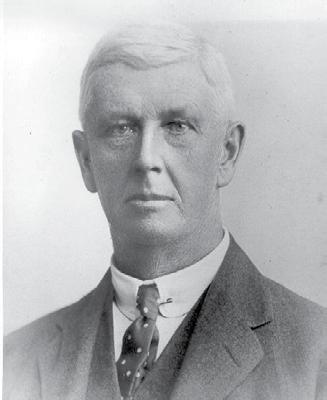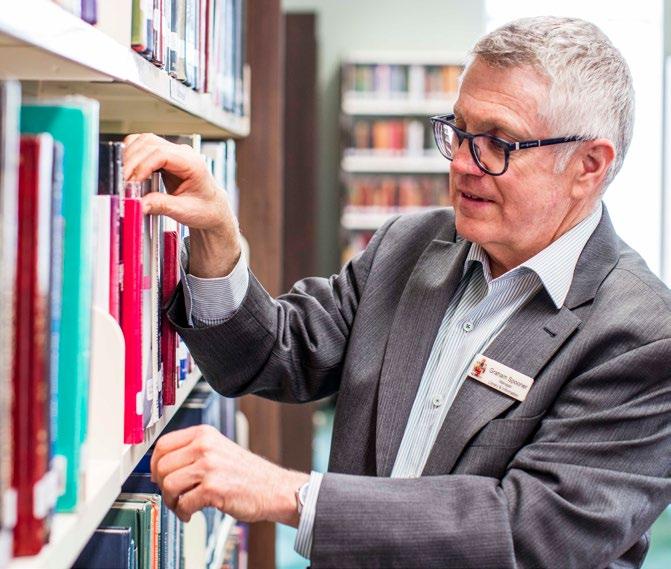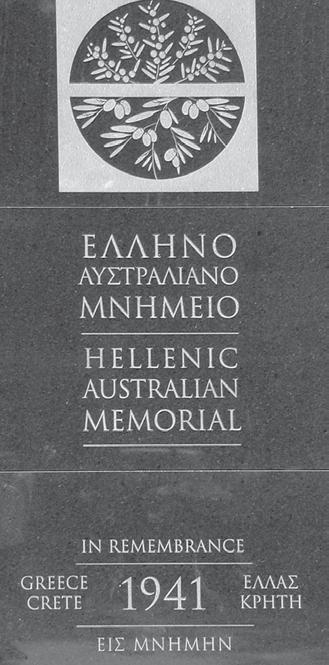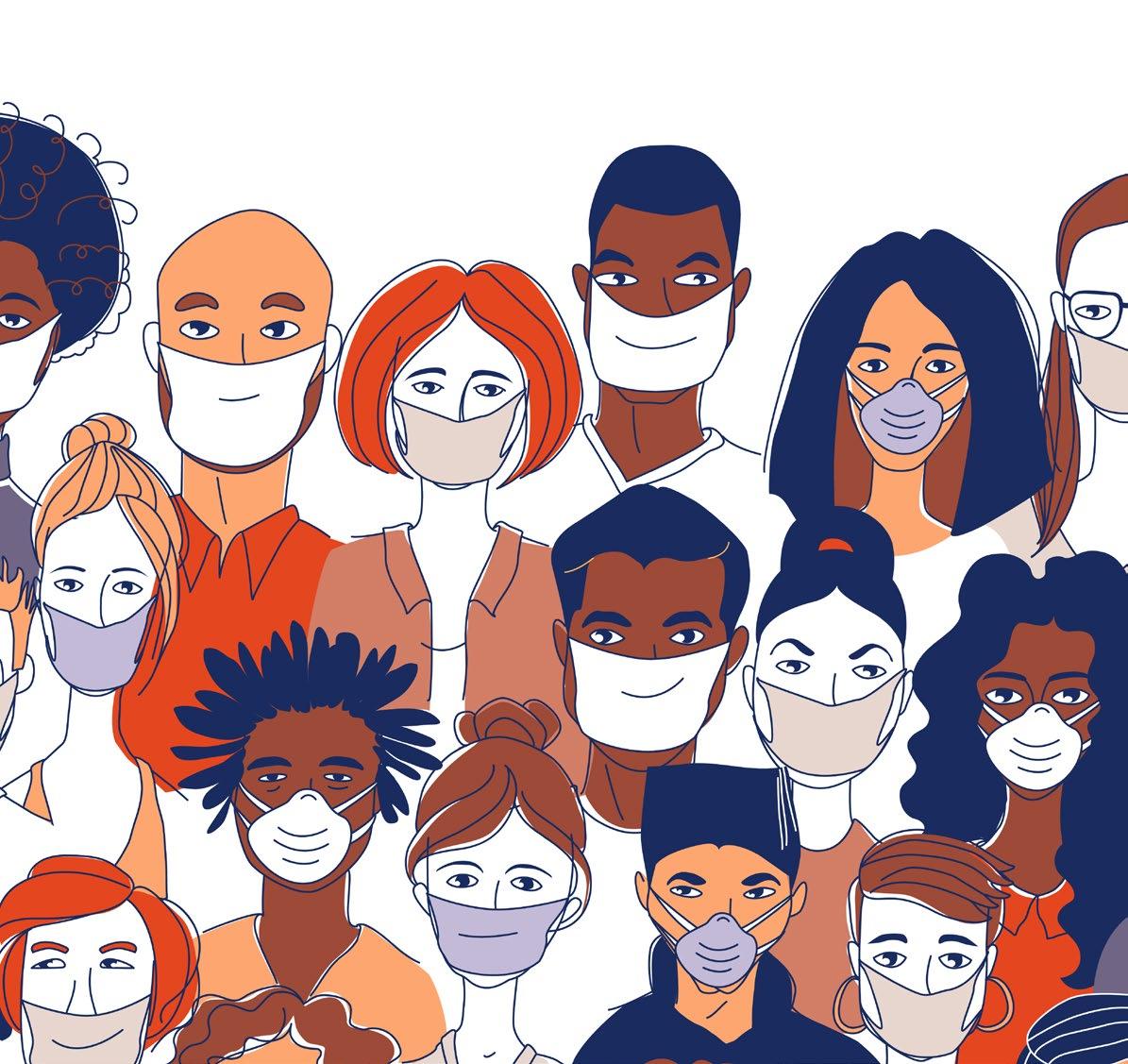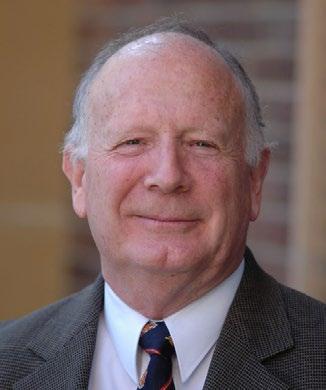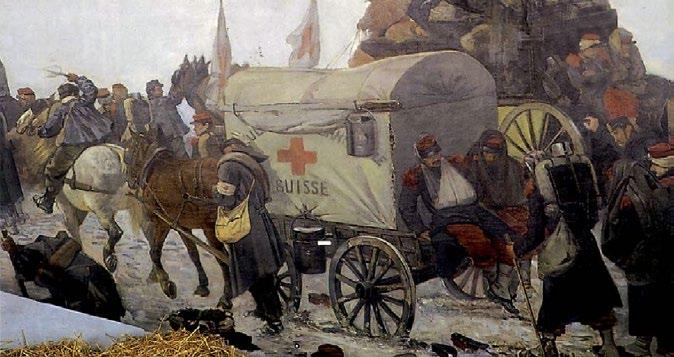
2 minute read
Damian McMahon Grant
Damian McMahon Trauma Research Travel Grant recipient 2020: Mr Enoch Wong
The Damian McMahon Trauma Research Travel Grant was established in 2014 to commemorate the life of a true advocate for the care of the injured. The prize is awarded for the best trauma paper presented at the Royal Australasian College of Surgeons (RACS) Annual Scientific Congress (ASC) by an eligible entrant, who is then invited to present their paper at the Advanced Trauma Life Support (ATLS) Region XVI meeting later in the year. With the cancellation of the 2020 ASC, the Damian McMahon prize was moved to a virtual platform in line with the ATLS Region XVI meeting, which is scheduled to be held online in November. Of the 21 papers accepted for an oral presentation as part of the Trauma program of the ASC this year, 11 eligible residents, Trainees and junior Fellows accepted the invitation to present as part of the Damian McMahon Trauma Research Paper Competition on Saturday 29 August. The event was chaired by Dr John Crozier, Chair of the Trauma Committee, and presentations covered a broad range of topics including rib fixation, venous thromboembolism (VTE), solid organ injury, tracheostomy tube function, nail gun injury, imaging in obstetric trauma, concussion and ocular trauma. The presenters were assessed for the quality of their abstract, a clear aim or hypothesis and methodology, accuracy of results presented, discussion and conclusions, originality, relevance, response to questions and presentation style. The best paper was awarded to Mr Enoch Wong (pictured above), for his paper ‘Use of the Canadian C-spine rule in blunt trauma significantly reduces the number of cervical spine images performed whilst maintaining sensitivity’. This study, performed in a metropolitan non-trauma centre, included over 800 patients in a prospective analysis of the use of CT scanning after the introduction of a cervical spine injury algorithm using this established clinical rule. The study was able to demonstrate a 30 per cent decrease in the use of CT imaging, while maintaining sensitivity to detect any injuries with the introduction of the algorithm. The rate of cervical spine injury was calculated to be five per cent. Only one patient was identified as having a missed injury and this patient did not undergo CT imaging initially despite meeting the criteria as per the algorithm. The study design was simple and utilised appropriate statistical methodology. A notable commendation was given to Dr Angelika Na from the National Critical Care and Trauma Response Centre in Darwin, for her paper ‘CT imaging for patients post-hanging’. Her study revealed that the frequency of adequate imaging in this important group of patients was somewhat less than what would be expected, and concluded that appropriate imaging should be clinically considered given the potentially significant sequelae of missed injury. She was applauded for her work on intentional self-harm, a mechanism of injury that is all too common in communities across Australia and New Zealand.
Advertisement
With 51 attendees online, including the four judges Dr Dieter Weber, Dr John Crozier, Professor Zsolt Balogh and Associate Professor Jeremy Hsu, as well as Helen, Damian’s widow, the 2020 Damian McMahon Trauma Research Paper Competition can be considered a notable success. The quality of research and interest in trauma among our members signals a bright future for trauma surgery and the care of our injured patients. I’m sure Dammo would have been very chuffed.
Miss Kate Martin FRACS Trauma Program Convenor, RACS ASC 2020, 2021
Find out more about the Damian McMahon Trauma Research Travel Grant here.

